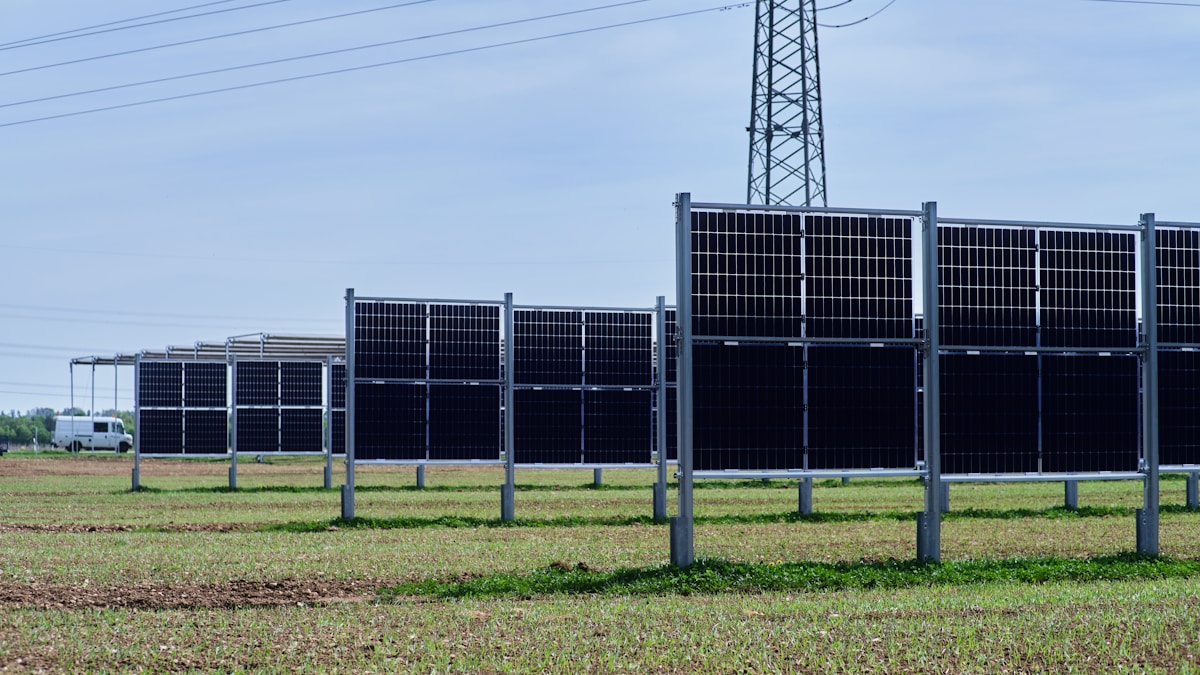Back to Industry News
Cleantech
Long-Duration Energy Storage Market Growth and Grid Integration
Summary generated with AI, editor-reviewed
Heartspace News Desk

Photo by Michael Förtsch on Unsplash
Key takeaways
- Long-duration energy storage (LDES) systems, capable of storing power for eight hours or longer, are vital for integrating renewable energy sources
- Iberdrola reports that LDES balances energy supply and demand, enabling greater reliance on solar and wind power
- This reduces dependence on fossil fuels and strengthens overall grid reliability
Long-duration energy storage (LDES) systems, capable of storing power for eight hours or longer, are vital for integrating renewable energy sources. Iberdrola reports that LDES balances energy supply and demand, enabling greater reliance on solar and wind power. This reduces dependence on fossil fuels and strengthens overall grid reliability.
Effective LDES implementation requires grid infrastructure upgrades, diversified energy sources, and advanced management techniques. Smart grids and dynamic line rating technologies improve efficiency and resilience. Digital advancements and supportive regulations facilitate a transition to fully renewable electricity grids. The global energy storage market is projected to reach $620 billion by 2025, fueled by increased renewable energy adoption.
Iberdrola is investing in pumped hydro storage and large-capacity batteries to maximize clean energy use. LDES offers strategic advantages, including enhanced grid security, faster decarbonization, and improved economic performance. However, high upfront costs and regulatory obstacles remain significant challenges to widespread deployment. Overcoming these hurdles is crucial for realizing the full potential of LDES in a renewable energy future.
Related Topics
long-duration energy storagerenewable energygrid stabilityenergy marketIberdroladecarbonization
Want coverage like this for your company?
Local & industry wins build trusted proof, SEO/geo signals and prime national editors.
Check fit (2 min)